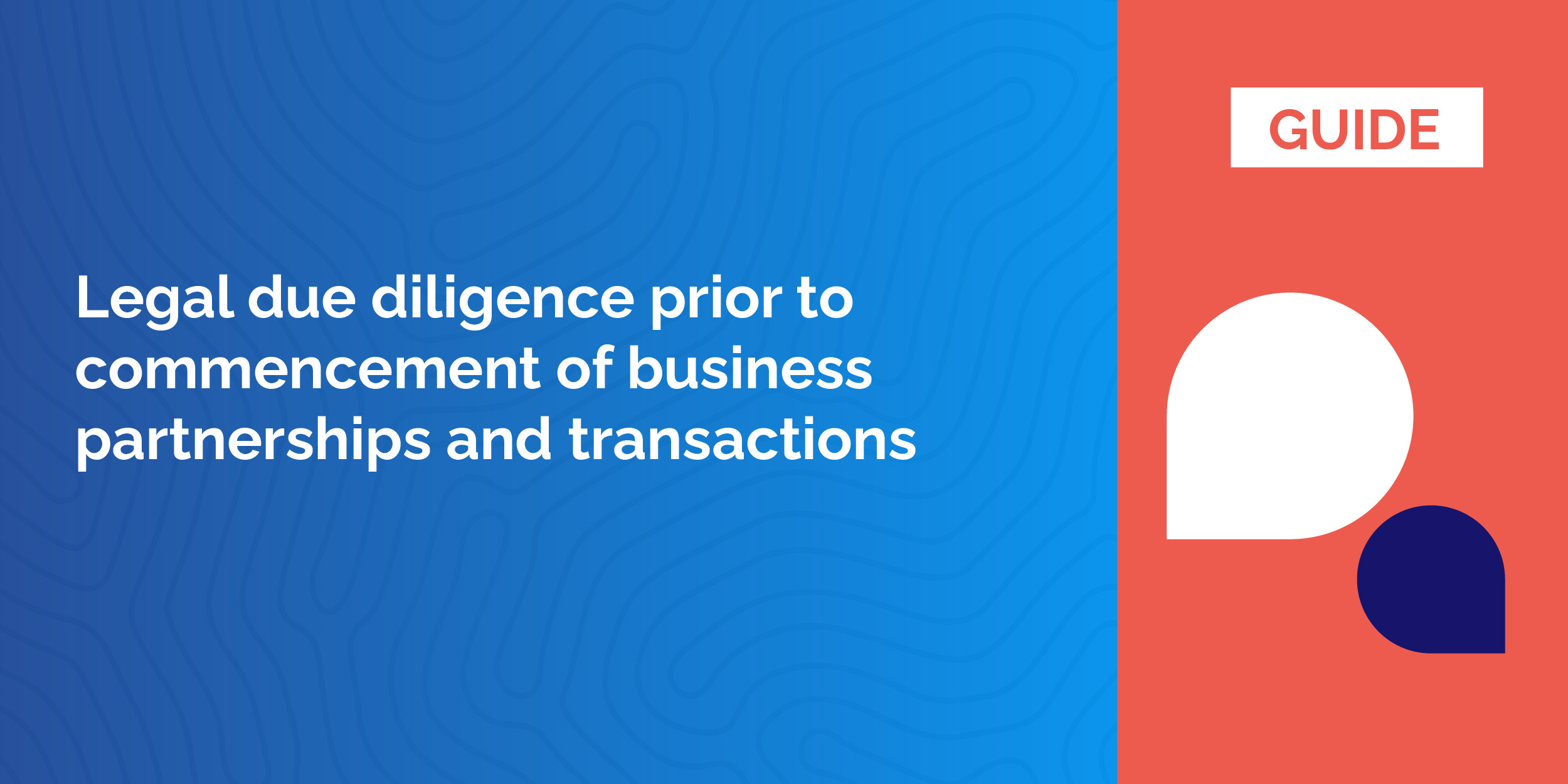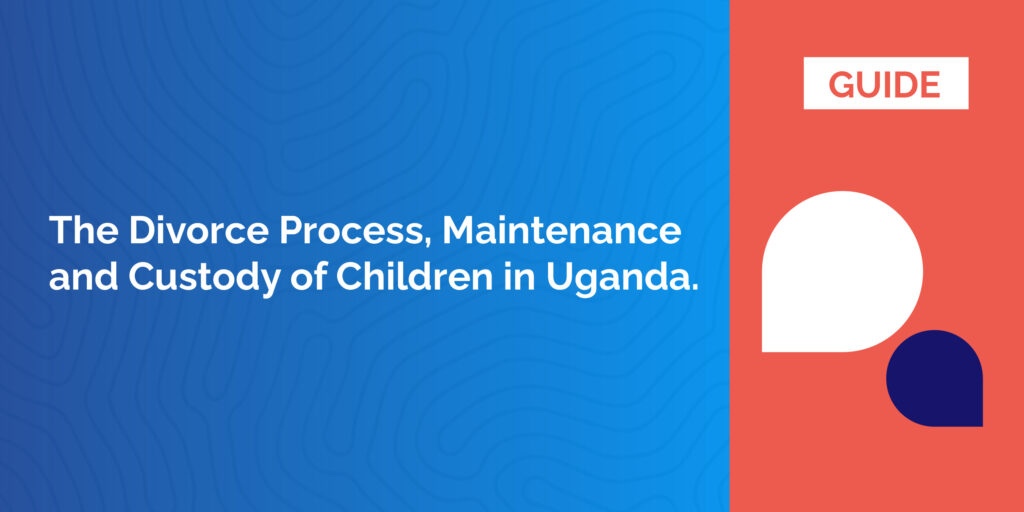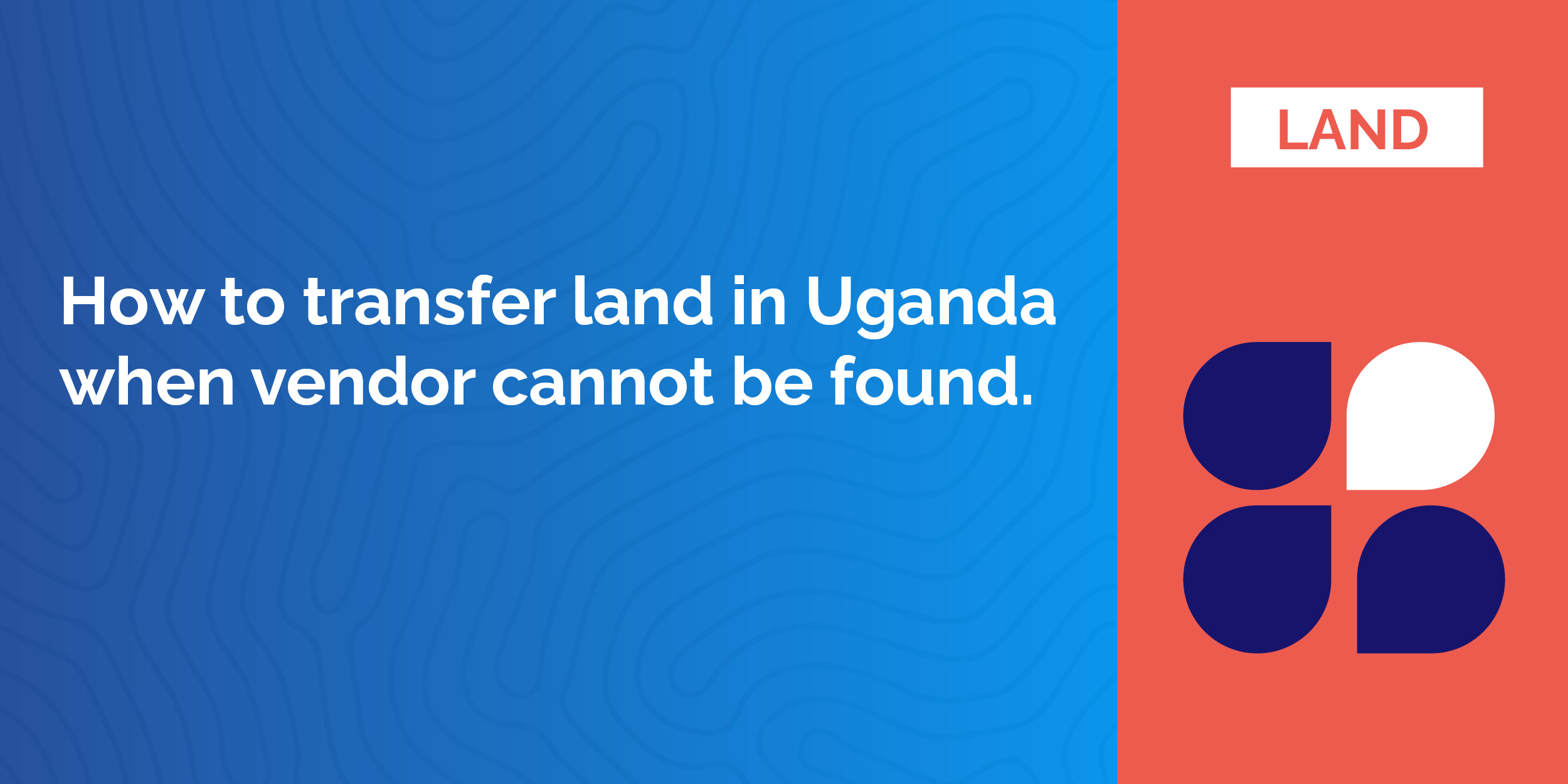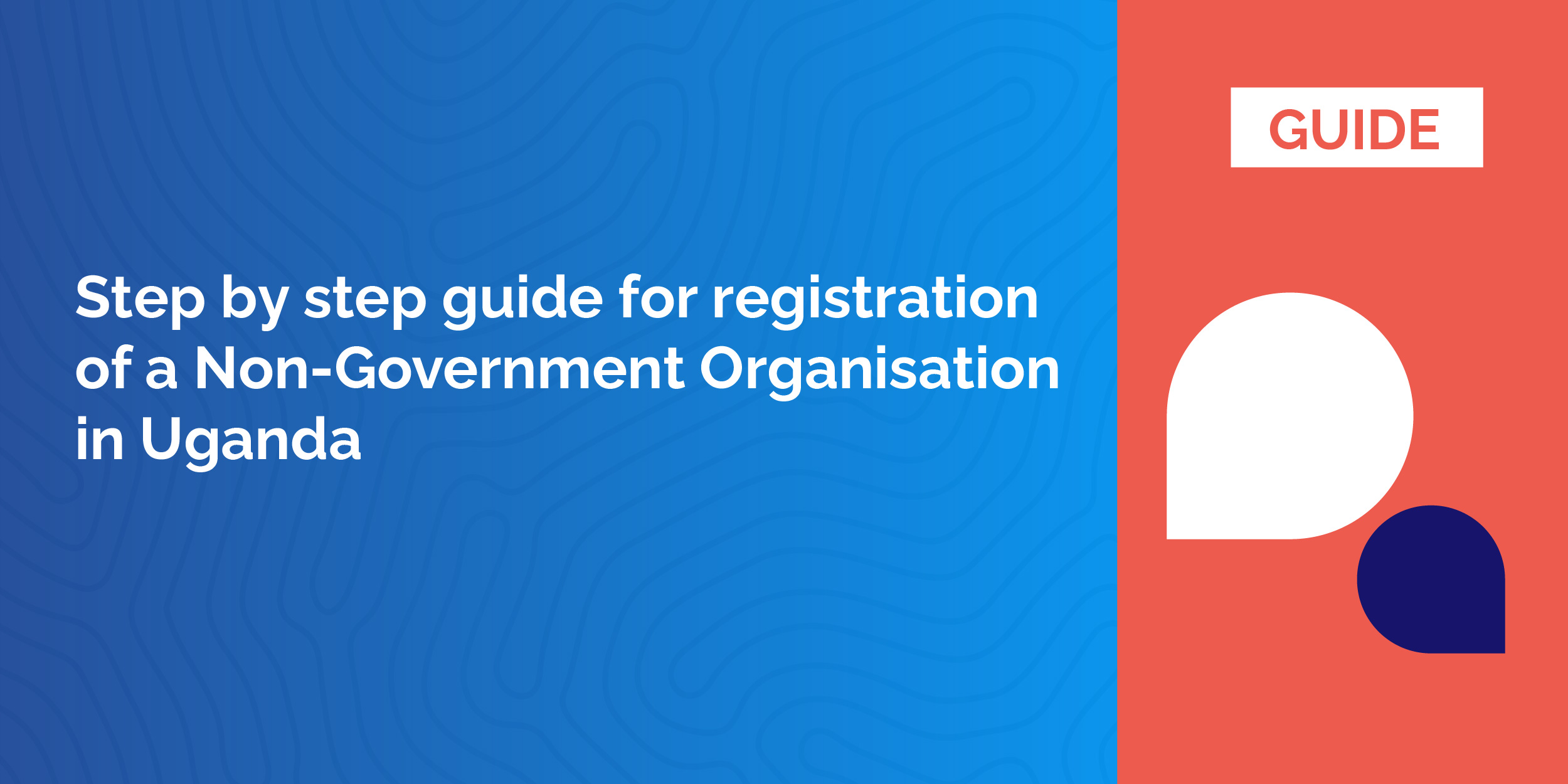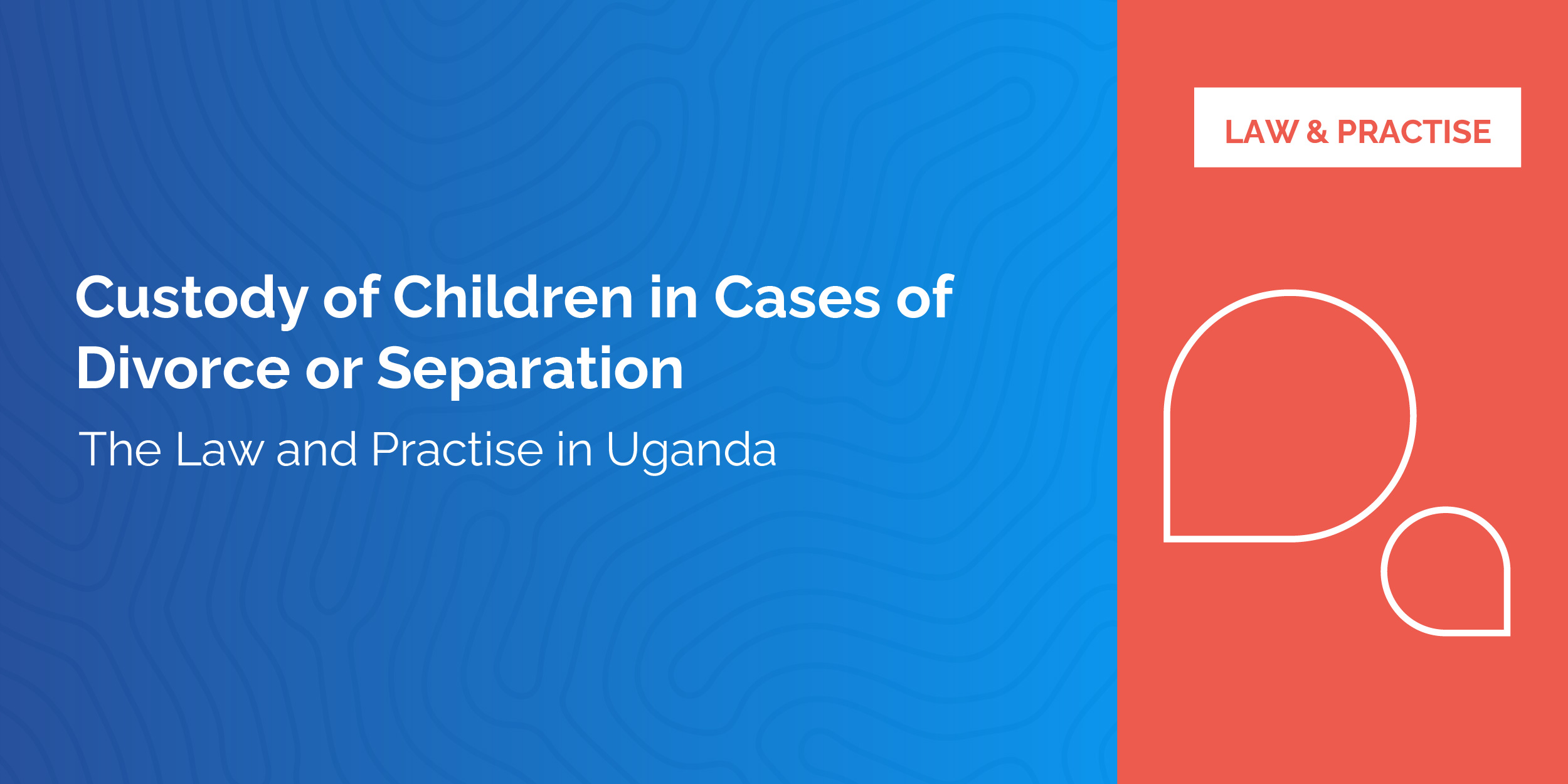1.0 Introduction
At the tail end of the last Quarter of 2023, we filed a Suit in the Commercial Division of the High Court for recovery of USD 2 Million- the equivalent of Ugx 7,760,000,000/= (Seven Billion, seven Hundred and Sixty million) if calculated at the prevailing exchange rate. Since this matter has since been concluded and we will not find ourselves constrained by the sub judice rule, it shall be used to create a case for the need for legal due diligence prior to entry into business partnerships and transactions.
Prior to taking on this case in issue, we conducted a long interview with the Client. Apparently, Our Client met a supplier in Uganda via the supplier’s robust website and started communicating through the contacts published on the site. The supplier shared a certificate of incorporation, his names, his investment Licence, trading Licence, biodata page of his passport, his national ID, Physical location, and his Company’s profile. This supplier also shared several video recordings of the products and photographs while interacting with prominent business people locally and internationally. Our client entered a supply contract with this supplier and also made payment of the agreed percentage down payment entirely on basis of construing the information provided as gospel truth.
Fast forward, the supplier stopped communicating as soon as the down payment was transferred. It is at this point that this Client was referred to us by our other existing Client in Europe. We requested for the contract and all other pieces of information supplied by the supplier in Uganda. We were saddened to discover that all the information supplied by the supplier were forgeries which did not even require forensic examination to discover. We took on the matter and were able to apprehend the fraudster and later accepted to settle and even refund the money received with a nominal interest.
From this experience, we believe that we can protect legitimate business entities from falling prey to scammers and fraudsters. We propose standard due diligence steps before contracting or taking critical business decisions.
2.0 What is Legal DueDiligence
Due diligence is a broadly used term across multiple disciplines, particularly in the legal and corporate realms. In the Corporate environment, an intending investor may hire an Actuary to employ mathematical theories to analyze the financial costs, uncertainty and the risk of potential events. The investor may also hire an accountant to review and analyze financial records, income, expenditures and liabilities of the entity before considering a partnership or a merger. Legal due diligence on the other hand is the process of collecting and assessing all of the legal documents and information relating to the target company. It gives both the buyer and seller the chance to scrutinize any legal risks, such as lawsuits or intellectual property details, before closing the deal.
We highly recommend a legal due diligence as an entry point for any intending business because it has the capacity of determining the legal existence of the entity one intends to conduct business with. This requirement is critical for both domestic and cross-border transactions.
3.0 When to Conduct Due Diligence?
Due diligence is typically conducted before any business transaction. The bigger and more complex the deal, the more extensive due diligence is needed. Moreso, it can be performed at various stages of the decision-making process — from pre-transaction to actual risk management. As a general rule, due diligence should be completed before the deal closes.
4.0 Critical Legal Due Diligence Areas
- Company Legal existence and capacity
No entity should commence business relations with another without confirming their legal existence. In Uganda, the entity responsible for business registration is the Uganda Registration Services Bureau. This Government entity will not hesitate confirming the legal existence of any Company upon request.
Other than confirming existence, you can also confirm the objectives for which the said company was incorporated, its directors and/or shareholders and status of filing returns.
We have noted that several business people register business names and go ahead to create robust websites purporting to call their business names companies. The problem with this is that business name registration does not create a legal entity with legal capacity to sue and be sued. As such it’s imperative that before engaging in business, one seeks to confirm the exact capacity of the entity you are dealing with.
For a company incorporated in Uganda, one should be able to supply a certificate of incorporation which should be shared with one’s legal representative for confirmation of authenticity.
- Company physical existence
On many occasions we have received instructions against companies and organisations which have a very strong online presence albeit with no physical location. We are not saying that companies can’t exist without a physical location. We are saying that if a Company represents that it has a physical location, then it is important to verify that indeed it occupies that indicated location. In 2021 we were surprised while conducting due diligence to learn that a Company that was representing to occupy premised and even shared its running tenancy agreement with our client had been evicted for nonpayment of rent two years prior. Indeed, when the Company was informed that we were conducting a due diligence and the consequences of uttering false information, it withdrew its intention.
- Tax Compliance
No Organisation wants to be supplied with an entity that does not observe its tax compliance requirements. This is because non-compliance with tax obligations may lead to closure of the business and declaration of bankruptcy/insolvency after receiving funds or executing contracts for supply of goods and services.
To avoid such unpleasant scenarios, ensure that you review annual tax returns or require the entity to supply a tax clearance certificate before contracting. Upon receiving the said information, you can ask your legal representative to verify before relying on the same.
- Regulatory Compliance
Some entities especially financial institutions and specialised organisations are required to observe specific regulatory Compliance requirements. It is important that before engaging an entity for business, one seeks confirmation that the said entity is compliant with its regulatory requirements. This due diligence area helps the entity conducting due diligence to assess the strength of the enterprise risk profile and business continuity.
- Pending Litigation
Whether litigation against the Company one intends to do business with is pending or concluded, this information is crucial before an entity makes a decision to engage with another in business. Gathering information about pending and concluded litigation helps the entity determine the legal risk associated with the company they intend to do business with.
- Other business-related Due diligence areas
Because your Legal representative is trained to uncover fraud, you can still engage your appointed firm to coordinate other due diligence areas which determine the strength of the brand you intend to engage with in business. These areas may include; Financial due diligence, Operational due diligence, Commercial due diligence, IT due diligence and HR due diligence.
Conclusion
We understand that the specific due diligence requirements for specialized sectors may vary. As such the best approach to determining the extent/broadness, forensic or non-forensic nature of due diligence required as a rule should depend on the financial and corporate risk associated with the transaction.
The ground rule should be to ensure that before you engage any company or individual for business, one conducts the minimum of the legal due diligence. From our experience, we believe that this activity should take no more than 15 days but may stretch slightly if we assess and determine that the nature of due diligence required is of a forensic nature.
